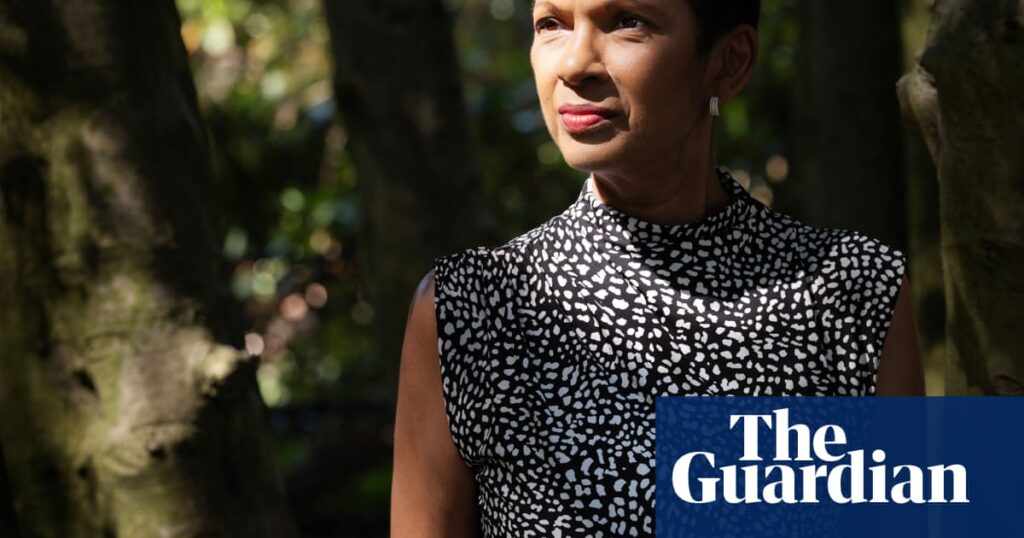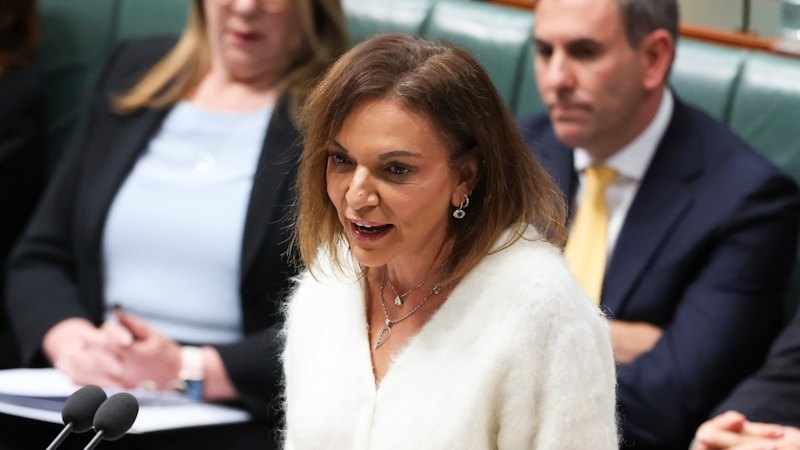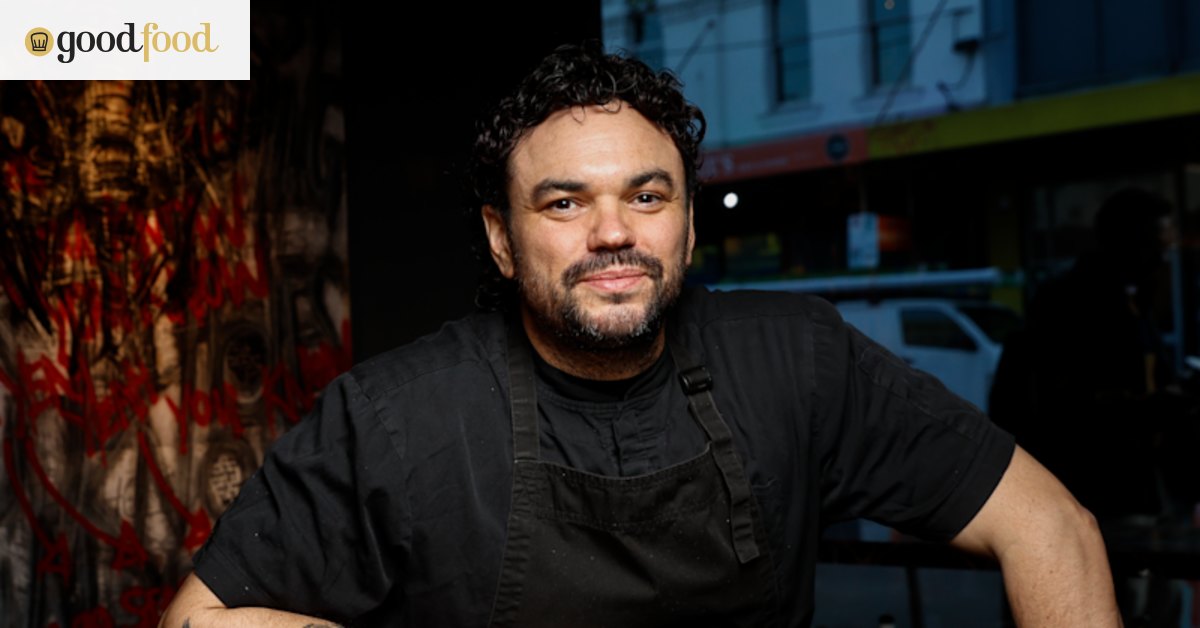
Gina Miller, renowned for her legal battles against Brexit, is once again stepping into the spotlight, this time as a candidate for the chancellorship of the University of Cambridge. Her candidacy comes amidst personal challenges, including a recent battle with breast cancer, and a tumultuous political landscape. Miller’s story is one of resilience and determination, as she seeks to bring transformative leadership to one of the world’s most prestigious universities.
Despite undergoing chemotherapy for an aggressive form of breast cancer, Miller exudes energy and determination. “I rarely have time for breakfast,” she admits, noting her recent ability to enjoy coffee again after her treatment. Diagnosed in September last year, Miller’s journey has been arduous, involving high-dose chemotherapy, a double mastectomy, and plans for further surgery. “I’m lucky; I’ve had my three kids so I don’t need my female organs. If I get rid of everything, the prognosis is good,” she says.
From Activism to Academia
In February, while still in the throes of her cancer treatment, Miller was approached by Cambridge professors to consider standing for chancellor. Initially hesitant, she was drawn to the role’s potential for real impact. “I only want to do something that has a real impact because I think our country, and the world in fact, is at a particularly traumatic time in history,” she explains. The chancellorship, traditionally a ceremonial role, could be redefined to address pressing issues within the university.
Miller’s candidacy has stirred the waters at Cambridge, a university that has never had a female chancellor in its 800-year history. Her presence on the candidate list, alongside figures like Sandi Toksvig and former BP head John Browne, challenges the status quo. “The word that keeps coming up is complacency. Cambridge really needs leadership,” she asserts, pointing out the university’s slip in global rankings and internal challenges.
A Personal Mission
Miller’s connection to Cambridge is deeply personal. Her breast cancer, linked to a rare genetic mutation, has been a focus of research at the university. “Some of the scientists who discovered it are based at Cambridge University and I’ve got to know them,” she says, feeling a sense of debt to the institution. Her advocacy for education is rooted in her own experiences, inspired by her father, who rose from humble beginnings to become Guyana’s attorney general.
Her life has been marked by both triumph and trauma. In 1987, Miller was attacked and raped on her university campus, an event that shattered her dreams of becoming a barrister. “I was completely broken and dysfunctional for at least seven months, probably a year,” she recounts. Despite these setbacks, she rebuilt her life, pursuing a career in marketing and later becoming a prominent activist.
Challenges and Controversies
Miller’s campaign for chancellor is not without controversy. Allegations of foul play have surfaced, with concerns over candidates’ use of PR and social media tactics. “Weirdly, the candidate who made the Kardashians comment is actually someone who is saying that the university needs to address its bullying and harassment issues,” Miller notes, highlighting the contradictions in the race.
Her platform focuses on addressing systemic issues within Cambridge, such as discrimination and support for disabled students. “Cambridge has also been ranked the worst university in the country for the support it offers its disabled students,” she points out. Miller advocates for enhanced wellbeing and safety support, proposing trained psychotherapists and support teams for both students and staff.
Looking Forward
Despite the challenges, Miller remains optimistic about the future. Her life, marked by resilience and a commitment to justice, positions her uniquely to lead Cambridge through its current challenges. “I’ve had a very eventful life,” she laughs, reflecting on her journey. Her candidacy for chancellor is not just a bid for a role but a continuation of her lifelong advocacy for education and equality.
As the election approaches, Miller’s vision for Cambridge—a university deeply intertwined with her personal history—offers a potential path forward for an institution in need of strategic leadership. Her story is a testament to the power of perseverance and the enduring impact of education.







